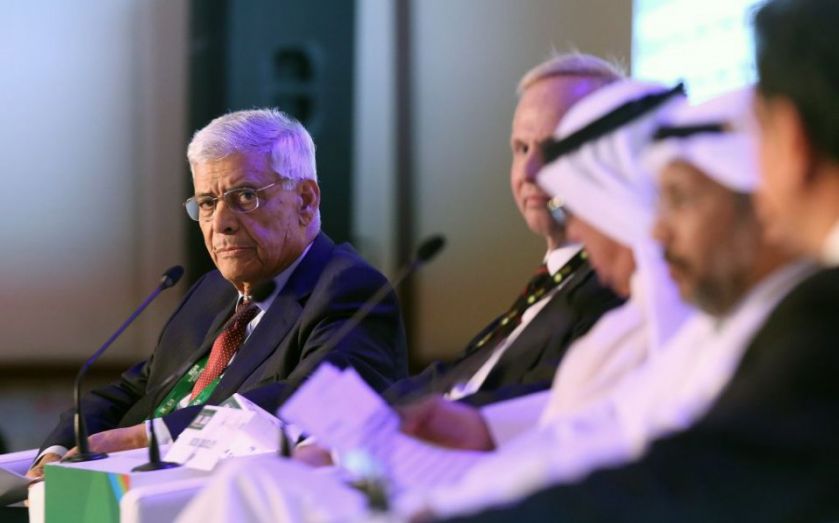As Opec members gather in Vienna, has the group now lost its influence as the world’s oil cartel?

Norbert Ruecker, head of commodities research at Julius Baer, says Yes
All eyes are on today’s Opec meeting as oil markets have seemingly hit a pothole, with prices dropping more than 4 per cent this week.
However, it seems that Opec’s influence as an oil cartel is waning, along with prices. Although the meeting is garnering attention, given depressed oil prices and the energy industry’s blues, we expect no bold step beyond homeopathic pledges.
The US shale industry, with its cheaper costs, vast resources and production flexibility mean that prices above $60 per barrel are unsustainable.
Opec’s influence is being eroded by more nimble players. Its member states are starving for petroleum revenues to bolster government budgets and will continue to pump as much oil as possible.
Iraq’s production surge has been a key element driving oil prices lower, but the influence of the shale industry is surpassing this.
Looking ahead, and with the Iranian sanctions soon lifted, the fight for market share among Opec members is set to accentuate, depleting the influence of the cartel as a whole.
Thomas Pugh, commodities economist at Capital Economics, says No
The fact that today’s Opec meeting has garnered so much attention in the markets and the media, including this article, is evidence that the cartel still has a great deal of influence over oil prices.
Admittedly, the development of alternative forms of production, such as US shale oil, has reduced the group’s market power. But the cartel still controls over 80 per cent of the world’s oil reserves and about 40 per cent of global production.
What is more, when it is in its interest, the group can still come to an agreement regarding production.
After all, when demand collapsed in 2009, Opec cut production by around 2m barrels per day. Indeed, even rumours of a potential cut in the quota caused prices to spike yesterday.
The upshot is that, even though Opec may never regain the power it had back in the 1970s and 1980s, it is still an influential force in the market and should not be dismissed out of hand.